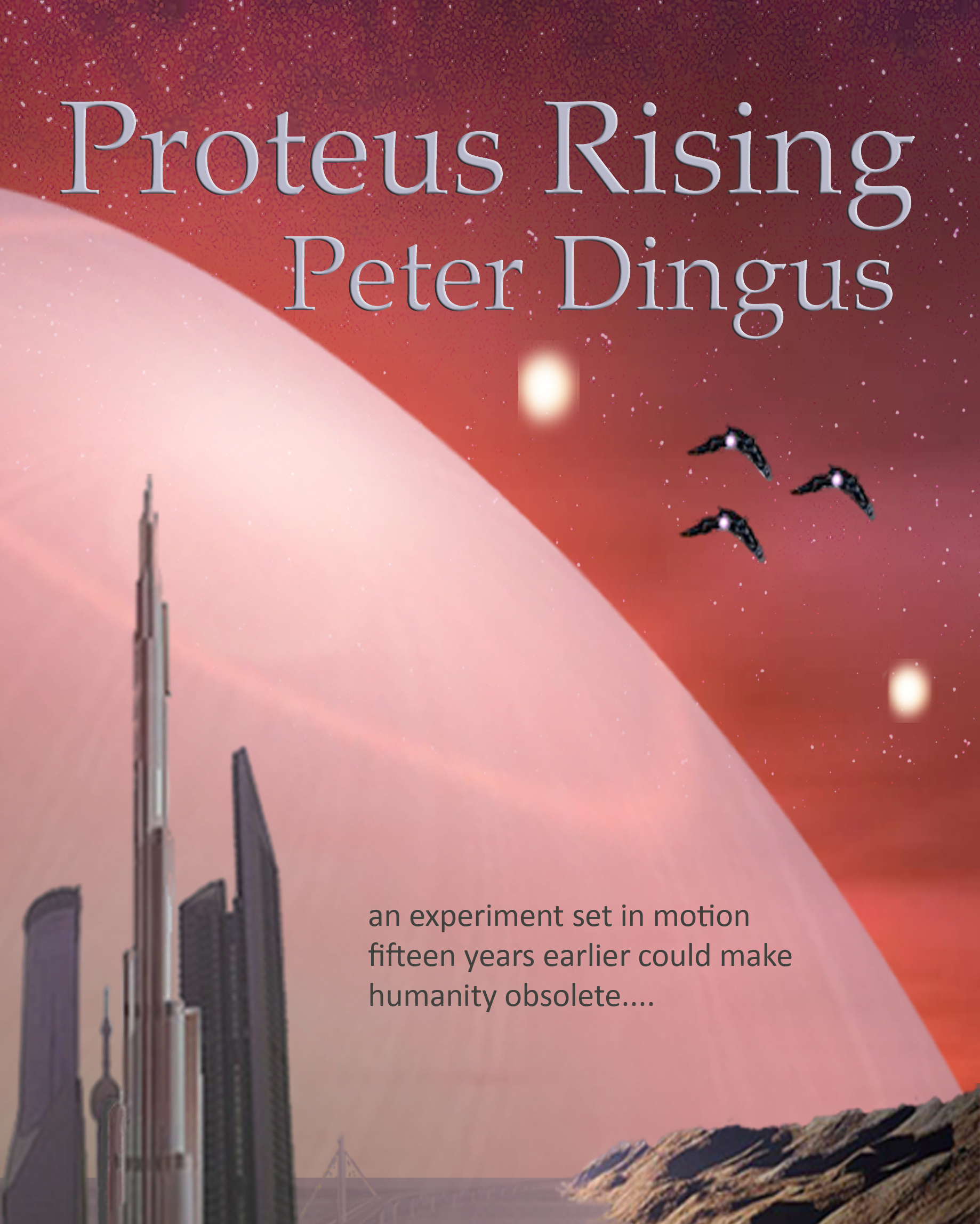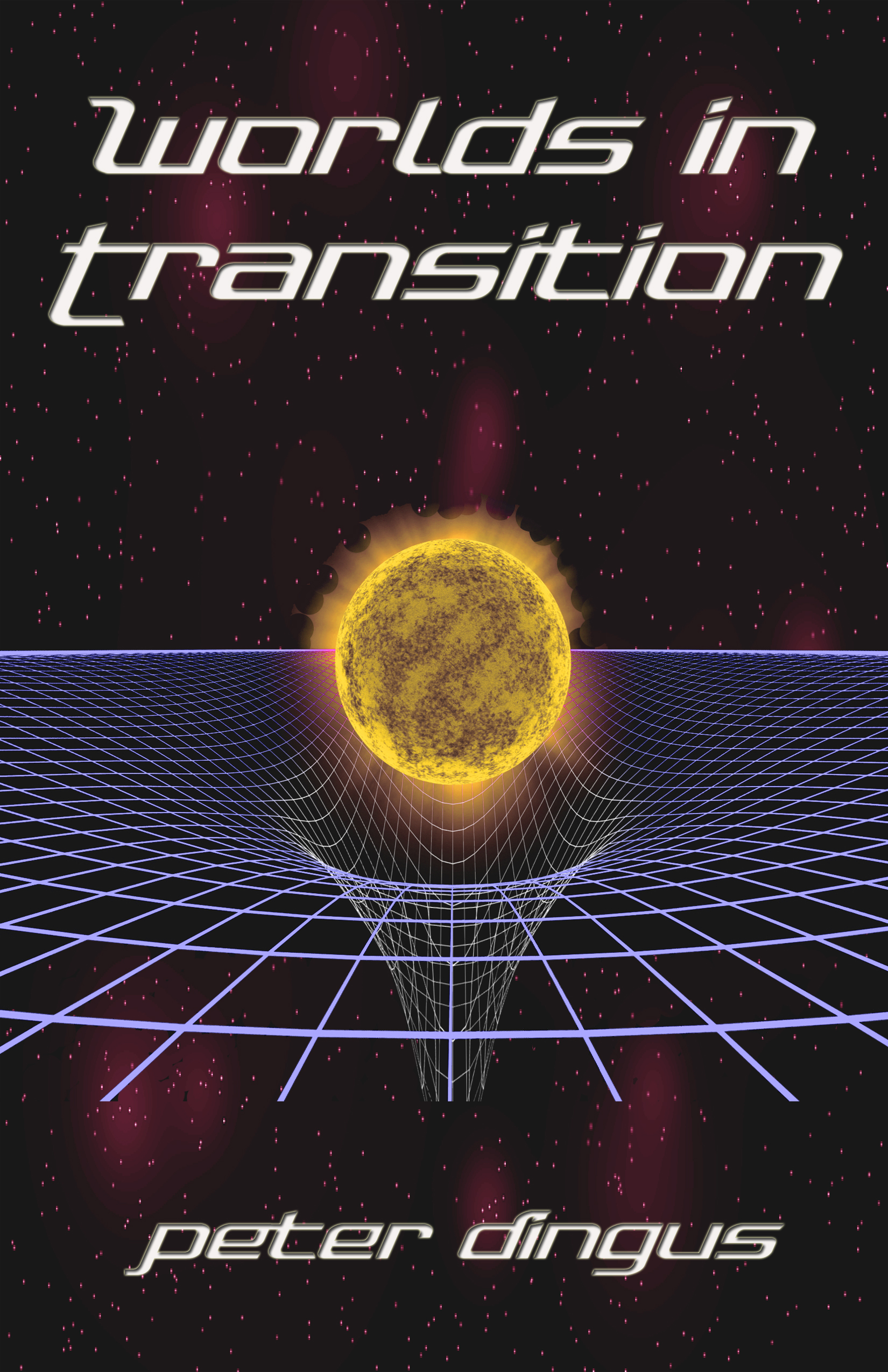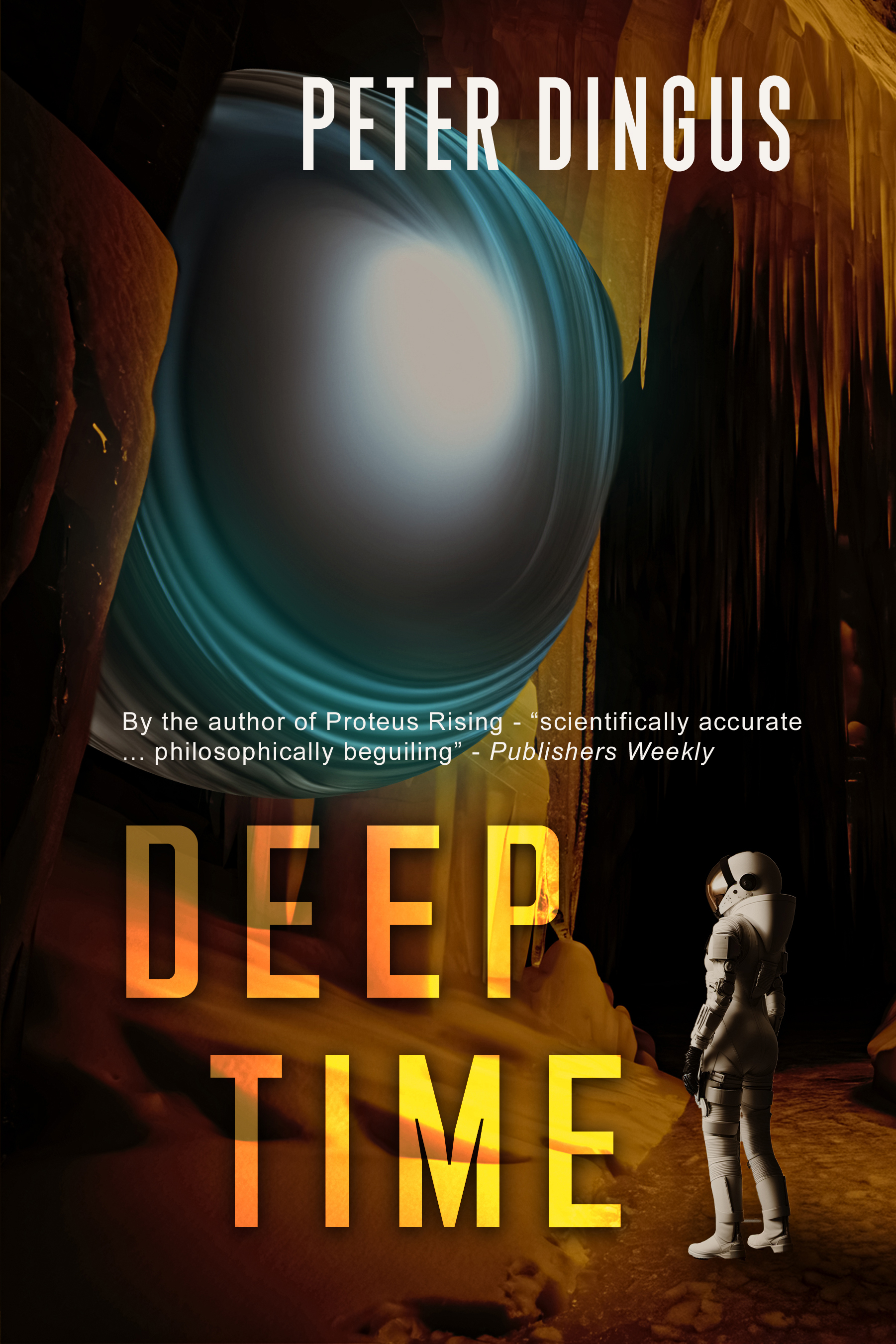Speculative: "Engaged in, expressing, or based on conjecture rather than factual knowledge."
Science Fiction: "Fiction based on imagined future scientific or technological advances and major social or environmental changes, frequently portraying space or time travel and life on other planets."
The kind of stories I’ve always been interested in are big stories as seen through the eyes of people who have little control over the movements of those in power, but who, through fortunate gifts, are able to make a significant difference. Here are two examples that aren’t science fiction. The first is “All’s Quiet on the Western Front.” The story is about a foot soldier who confronts the pageantry of war with the reality of war. Another is the HBO series Rome. That story follows a Centurion and a foot soldier as they witness the rise and fall of Julius Caesar, the rise and fall of Tiberius, Caligula, and Mark Anthony. As the story unfolds, you see the rise and fall of an Empire through the eyes of common men. The thing about stories like these is that they cast light on the human condition as a consequence of the vagaries of history. Speculative Science Fiction, on the other hand, offers a unique vehicle to explore some intriguing possibilities in a context that past stories can not.
As many reading this can attest, if you were born around 1960 or earlier, the environment has changed, and with it the lives we experience. In that time, and since the mid 20th century, the world has changed dramatically by technology. The atom bomb, telecommunications, computers, the internet, cell phones, and now ChatGPT are central to many people’s personal life, not to mention social media and climate change — just ask the people in tornado alley, the gulf coast, or those living in the northwest with 200,000 acre forest fires . Some people might think we’re living in a science fiction story right now.
But, aside from what I’ve said, my stories, although plagued by catastrophe, are in some sense optimistic. I’m not into dystopia, or apocalypse, or alien invasion — quite the opposite. Speculative science fiction serves to put a human context on a human fashioned environment. That kind of change in perspective tends to change society in a positive feedback loop. Many of the technological advancements, and those who made them, had there origins in the space program of the 1960s. Several of the astronauts who orbited the Earth or stood on the moon were heavily emotionally impacted. Books like Return to Earth, by Buzz Aldrin, are a perfect example of the emotional impact a life changing technology can have. Not to mention William Shatner in tears after briefly seeing the Earth from only around 60 miles up. The last point highlights the difference between the make believe captain of a “star ship” and the experience of living the reality.
My first book, Proteus Rising, is set in the 24th century. Proteus was a Greek demigod who survived by shape-shifting. I applied this principle in a story about the transformation of the human psyche through genetic engineering. Above the first chapter of Proteus Rising is the italic statement:
The story is about an Earth expat who immigrates to Mars because life on Earth didn’t work for him. He’s a scientist who partners with a Martian biologist to create a new race of humans. People who immigrate to Mars need genetic therapy in order to survive in the low gravity, high radiation environment. So, the protagonists are able to genetically treat a group of children without anyone knowing, not even their parents. The story starts fifteen years later when the children reach puberty and their changes become noticed. Throw in a sentient quantum computer (something that was virtually unknown in 2006 when the book was first published) and an angry Earth military — what could go wrong?
I’ve also written a book that’s two novellas and two short stories. Interestingly, the second novella, “One way Ticket,” is the continuation of Proteus Rising a thousand years later. In that story, we see the bifurcation of the human species as a result of the birth of the Proteus people a thousand years in the past. The point of the story is to imagine humanity as humanity might see itself, rather than as Darwinian evolution has made it. In some sense, humanity re-engineering its soul might be considered as natural as bees building a beehive. On the face page of that story is the poem:
The other novella is entitled: “The End of the World.” In the End of the World, two survivors, on an isolated Mars base, investigate a strange dead region on the shores of an ancient Martian sea after an apocalyptic war on Earth. What they find there is that everything they thought was real, really wasn’t.
In the short story Parallax, two people discover strange messages in the detector of a scientific experiment in a mine a mile under the mountains of Montana. This story is a deep dive into quantum reality as presented by the Many Worlds interpretation of the measurement paradox. That story has a face page that reads:
I’ve written a new novel called Deep Time. Deep Time is my version of “All’s Quiet on the Western Front” in the year 2240 AD. This book deals with the expansion of humanity into the solar system and looks at the consequences of Climate Change on Earth that motivates the diaspora, economics, and the predatory instincts we all harbor as a result of our evolutionary battle for survival.
At some point in time, technology reaches a scale that comes into direct conflict with the survival of a species. And, to add another dimension to the conflict, what if a god-like alien influence appears at that crucial moment in human history. Through this confluence, I offer a new spin on alien contact.
I’m hoping to attract people who don’t usually read Science Fiction because much of science fiction today is really young adult fantasy, and like I said in a previous article, I try to write science fiction as speculative literature. If I can do that, then I will consider my efforts successful. To that end, for those of you who might be interested in taking a look at the books, you can click on the book covers above.



